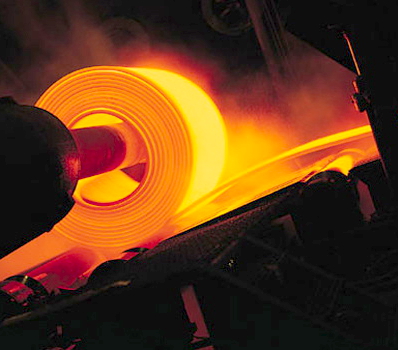Alternatives found for steel coal
 UNSW research suggests coffee could replace coal in steelmaking.
UNSW research suggests coffee could replace coal in steelmaking.
The University of New South Wales (UNSW) has released a series of research papers on the use of waste coffee grounds and hydrogen in the fabrication of ‘green’ steel.
The university’s Sustainable Materials Research and Technology (SMaRT) Centre has been working on Green Steel Polymer Injection Technology (PIT).
Experts at the centre say that industrial trials with partner Molycop have shown various wastes can be used to more sustainably make steel in electric arc furnaces.
Wastes including plastic and coffee grounds now join waste rubber tyres as alternative sources of coke and coal as previously vital ingredients as carbon sources for steel making, and can provide the element hydrogen which vastly improves the efficiency and energy required for the manufacturing process.
“Steelmakers have to meet the demands of quality requirements. The metal that gets produced doesn’t have any memory of whether the parent material that went in was coal or coffee,” says UNSW SMaRT Centre Director, Professor Veena Sahajwalla.
“Steelmakers have to meet the demands of quality requirements.
“The metal that gets produced doesn’t have any memory of whether the parent material that went in was coal or coffee.”
More details are accessible in a series of three papers, published here, here and here.








 Print
Print